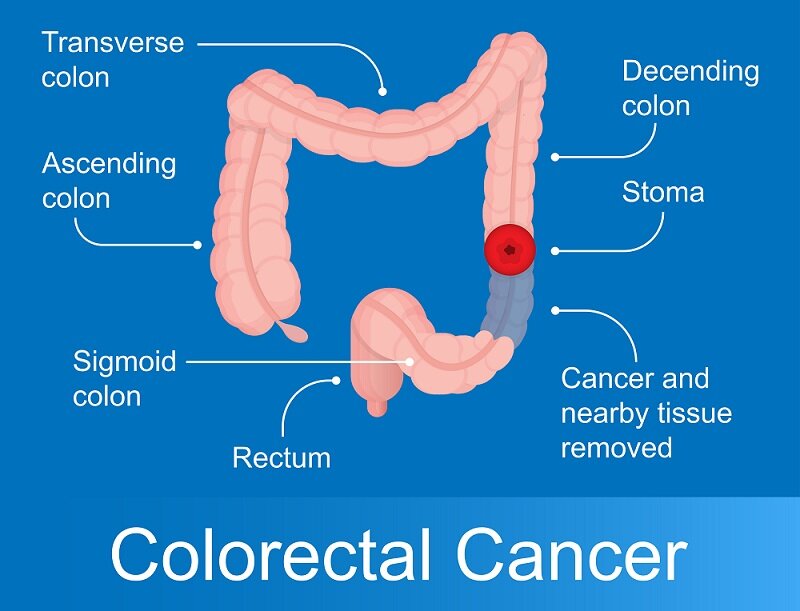Why Colonoscopy Is Important?
Cancer that begins in the colon or rectum is colorectal cancer. It is the third most common male and female cancer in the US. This fact sheet answers a number of common questions concerning colon cancer screening.
What Is It So Important to Test for Colorectal Cancer?
A routine screening can avoid many colorectal cancers. Precancer polyps — abnormal growths in the colon or rectum — can be found to be removed before they become cancer. Screening is important as colorectal cancer is easily treatable when found at an early stage. There are typically no symptoms of early stages of colorectal cancer which begin to occur as the cancer progresses. It is recommended by the American Cancer Society for colorectal cancer screening to begin at 45.
What Does a Colonoscopy Mean?
The best screening for colorectal cancer possible is a colonoscopy. It is the only method to prevent other colorectal cancers as well. Here are a couple of things about this exam that you should know:
The doctor will search the entire lining for polyps or tumors during a colonoscopy. They can be removed immediately if any polyps are detected.
You will get medications for your relief on the day of colonoscopy. Some people sleep and when they wake up don't remember anything about the study.
A long, thin, flexible tube called a colonoscope will be inserted into the colon by the doctor via the rectum. The tube is furnished with a small video camera and light that sends pictures to a monitor.
You can seek advice on what to eat and how to clean your bowel from your doctor before the operation.
A colonoscopy is expected for both men and women from the age of 50. People who are more likely to develop colorectal cancer may begin sooner, depending on the orders of the doctor. In addition, in how many years you need another colonoscopy, your doctor will tell you.
Tests That Are Available Except Colonoscopy Screening
Your doctor may tell you if you are unable to have colonoscopy about the following tests and how often:
Sigmoidoscopic imitation;
Barium enema in double contrast
Colonoscopy Digital (CT)
Occult fecal sanguine examinations
Testing of DNA stool
Please note these tests are not as complete as a colonoscopy screening. You will still need a colonoscopy when tumors are polyps are suspected based on this test.
Risk Factors of Colon Cancer
Age.-In people over the age of 50 years, colorectal cancer is more common.
The history of people and families- Persons with the family member being diagnosed before the age of 60 are at greater risk of developing it themselves, particularly when they are diagnosed with colorectal cancer. Colorectal cancer is more likely to happen in people with another colorectal disease.
Bowel disease inflammatory (BDI) - Including ulcerative colitis and Crohn’s disease, IBD puts you at a greater risk of colorectal cancer growth.
Style of life- Over weight and inactive living conditions can increase your risk of colorectal cancer by having high red meat and prepared meat, smoking and heavy alcohol use.
Book your schedule with Digestive Disease in OKC and go for colon cancer screening without delay.
**Disclaimer: This blog content does not offer a doctor's advice and creates no relationship between any patient and care provider.


